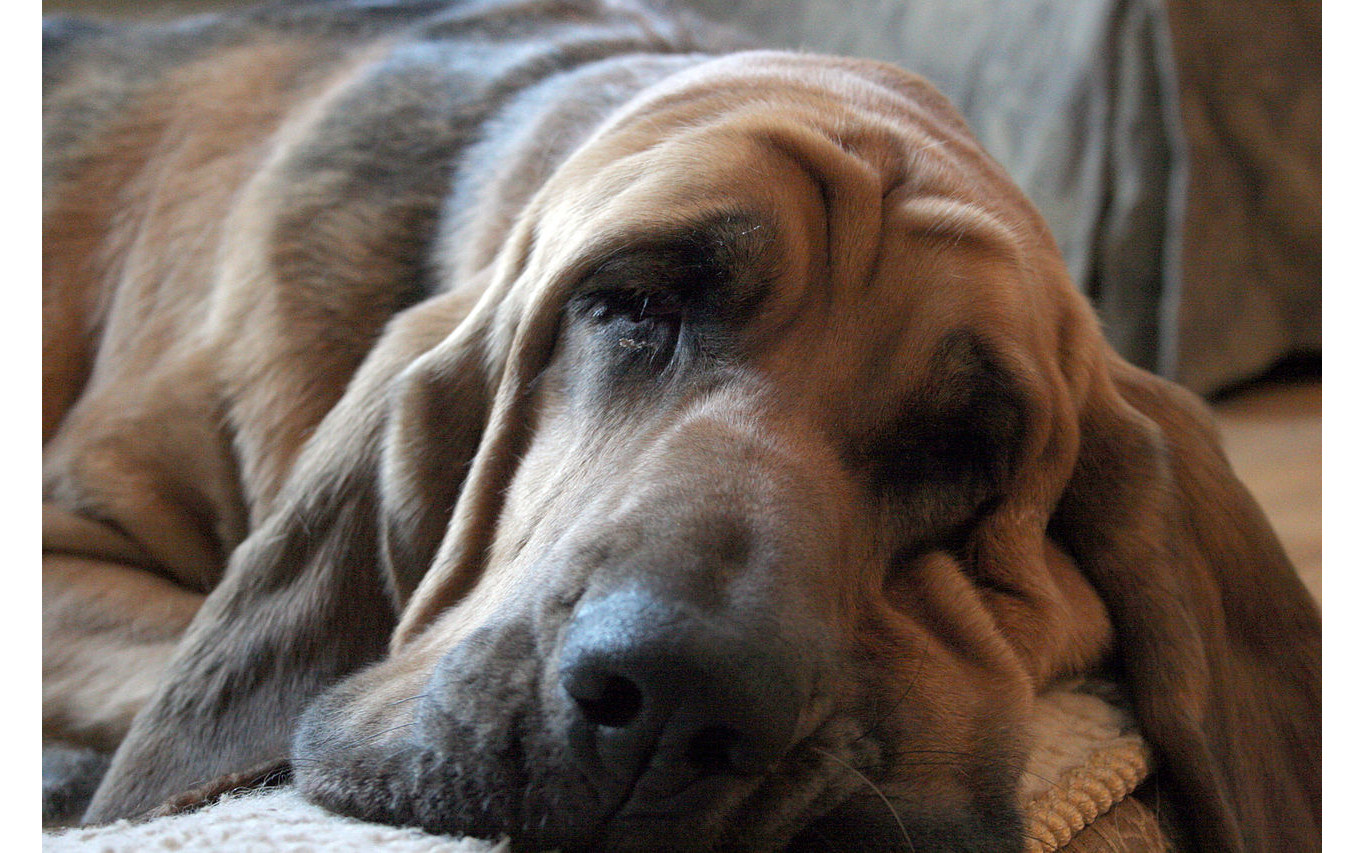Investing
Have you got money in this year’s ‘dog funds’?

A number of big name fund managers have been flagged by Bestinvest’s latest list of “dog funds”, which names and shames the worst performing funds available to UK investors.
Respected managers including Neptune founder and CEO Robin Geffen and Schroders’ US mid-cap specialist Jenny Jones are highlighted as serial underperformers.
The July 2013 edition of the wealth manager’s performance monitor reveals a total of £13.3bn of “dog assets”, up from £12.1bn at the start of the year.
The total number of funds in the doghouse – funds that have failed to beat benchmarks over three consecutive 12-month periods and also underperformed by at least 10% over the whole three-year period – stands at 59.
The wealth manager named Schroders as “top dogs”, with the group running £4.1bn of underperforming assets.
The £3.1bn Schroder QEP Global Active Value fund is the biggest culprit, alongside Jenny Jones’ £920m Schroder US Mid Cap fund, which has recently re-opened having been soft-closed for a number of years.
On a relative three year return metric, the funds have produced negative numbers of -13% and -12% respectively, according to Bestinvest.
In response Schroders said retail clients hold just £20m of the QEP fund – equivalent to 0.7% of its assets.
The group said its inclusion made Bestinvest’s report “misleading.”
James Cardew, global head of marketing at the group, said:
“We are very disappointed by the analysis undertaken by BestInvest for the Spot the Dog report.
“By including the Schroder QEP Global Active Value fund BestInvest has failed to recognise that the fund’s client base is overwhelmingly institutional. Less than 1% of the fund – only £20m of the £3.2bn – is held by retail clients. We therefore believe the report is misleading.”
The next biggest underperformer is Neptune, the group being home to £1.4bn of dog assets.
Five Neptune funds feature on the list, three of which are managed by Robin Geffen. His Neptune China fund is highlighted in the report, having returned -15% over three years.
Completing the top five are Fidelity (£1.2bn of underperforming assets), F&C (£734m) and UBS (£662m).
Fidelity’s dog assets are predominately focused on one fund – the £1.1bn Fidelity American vehicle, which changed manager earlier this year in a bid to rejuvenate performance.
F&C Investments has a trio of underperforming funds: Mark Perrin’s £360m Pacific Growth, Erik Rubingh’s £330m North America and Alice Evans’ £40m Global Thematic Opportunities funds.
Meanwhile, UBS’s main culprit is Urs Antonioli’s £650m UBS Global Emerging Markets Equity fund.
Over the page: Sector strugglers and shining lights
Legal & General and Neptune are the two largest culprits in terms of individual underperforming funds, with both groups home to five ‘dogs’.
On a sector basis, the IMA Global Sector holds the largest number of dogs, with 17 funds flagged by the report.
The sector with the highest proportion of mutts, meanwhile, is the IMA North America sector, with 21% of funds named as serial underperformers.
Jason Hollands, managing director at Bestinvest, said the report is designed to highlight the “worst of the worst”.
“Sadly the funds listed in Spot the Dog represent the tip of the iceberg of poor performance because the criteria we have set is designed to focus on the very ‘worst of the worst’.
“In our view financial product providers too easily get away with dismal or uninspiring performance, benefiting from a combination of investor inertia and advisers failing to provide a satisfactory level of monitoring on investments they have previously recommended to their clients,” said Hollands.
Bestinvest singled out the likes of Invesco Perpetual, M&G, Threadneedle, First State, HSBC, Artemis, Cazenove, Aviva, Old Mutual and Royal London as the large groups notable for having no funds in the list.